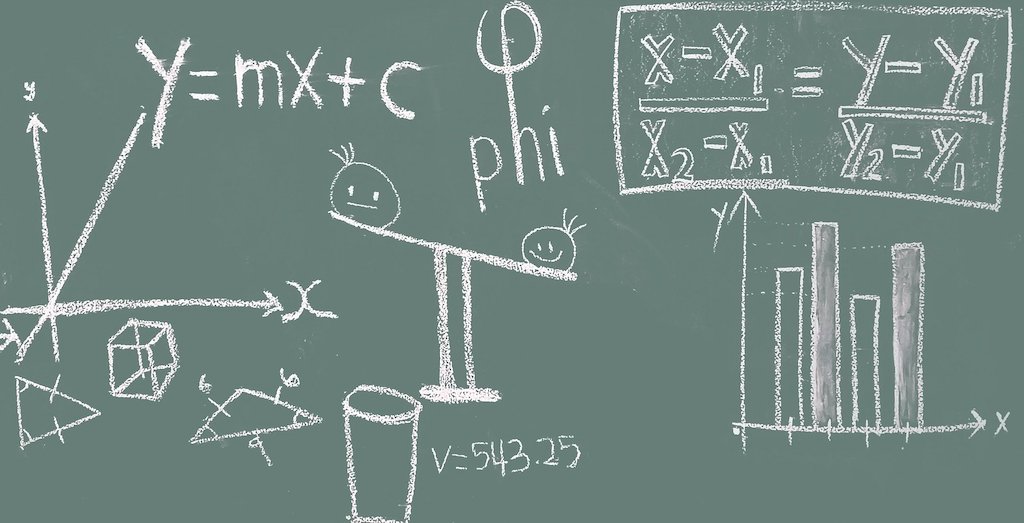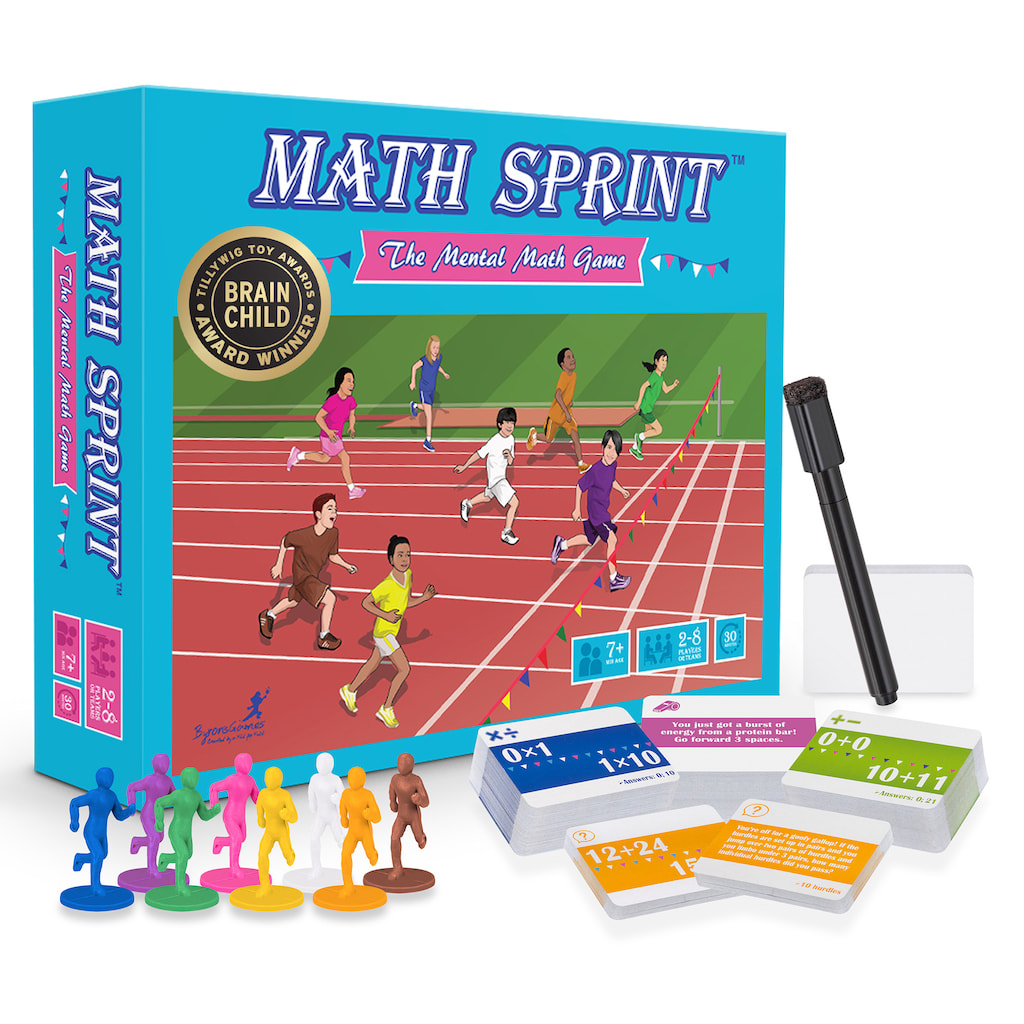|
Many of us associate the word fluency with language. Children become fluent in the language spoken in their home, quickly picking up the ability to speak and understand it. Kids who start to learn a second language at an early age are likely to become fluent more easily than those who start when they’re older, but that doesn’t mean older kids can’t become fluent in a second language. The same is true for math fluency. If you’re wondering about the importance of math fluency for kids, you should know that the earlier you start math fluency practice with them the better, but even older kids can gain mathematical fluency - especially if you make it fun. What is Math Fluency?Fluency in mathematics is “the ability to perform mathematical problems accurately and quickly,” according to Study.com. Accuracy, of course, refers to the ability to get the answer correct. Quickly refers to the ability to answer almost automatically. Fluency requires nothing more than some quick mental math to get the answer. The need to use a pencil and paper, count on fingers, break out a calculator, or use another method to figure out the answer means a child does not yet have sufficient math fact fluency to answer the problem. Math fact fluency builds over time as kids learn new math concepts. A kindergartener might be fluent in their +1s and +2s, but with math fluency practice that kindergartener can grow their fluency in simple addition. Subtraction, multiplication, and division will follow as they learn those concepts. Importance of Math Fluency for KidsThe goal for most students is to achieve math proficiency, particularly at their grade level. Math fact fluency is an important part of math proficiency. If a child is expected to be proficient in multiplying three-digit numbers, being fluent in the times tables will help them multiply those three-digit numbers with less difficulty. As kids progress through school, their math problems will require more brainpower, or cognitive load, explains Differentiated Teaching, a website dedicated to helping parents and educators engage and support struggling and reluctant learners. The educational site explains that research on cognitive load finds that we all - kids and adults alike - have “limited cognitive capacity at any given moment.” There’s only so much our brains can do at once. Becoming fluent in math facts so the brain automatically knows the answer to some lower-level problems reduces the cognitive load. That makes more difficult math problems - word problems for example - require fewer cognitive resources to solve. The more mathematical fluency a student has, the more successful they’ll be in math as they progress to more difficult concepts. Check out our other math for kids posts: Math Fluency ActivitiesParents reinforcing skills taught during math instruction should recognize the importance of math fluency for kids and engage them in math fluency activities. Fortunately, there are many activities and strategies to increase skills, including math fluency games. Math War. This game works for two students of similar math abilities. Using only the numbered cards in a standard playing deck, divide the cards between two players. Players take turns calling out either addition, subtraction, or multiplication (division could be a little difficult in this case) before the cards are flipped. Then each player simultaneously turns over two cards and adds, subtracts (always using the larger number first), or multiplies them - depending on what was called out. The first player to figure out their answer using mental math first gets to keep all four cards. At the end of the game, the player with the most cards wins the game. Triangle Math Facts. This is a good game to play in the car. The parent calls out three numbers - the largest of the three should always be the sum of the other two - and the child tells the parents how the numbers relate to each other using four math equations. For example: A parent calls out 4, 2, and 6. The child should be able to give the following four equations: 4+2=6; 2+4=6; 6-2=4; and 6-4=2. Online Math Fluency Programs. Online programs, like Reflex Math Fluency, are designed to increase math fact fluency. These online math programs focus on various math skills for students in different grade levels. The programs use games to help kids gain math fluency and with that fluency comes confidence in other areas of mathematics. Some of these programs have fees to join, but they may offer a free trial. Read Books Together for Math Fluency. There are plenty of great storybooks that focus on math, and kids can pick up math fluency facts while you read them together. There are math-related books and series of math books. They allow kids to practice multiplication and reading skills at the same time. When it’s time to settle down for the night and start reading instead of playing games, books like this will keep the math fluency flowing. Math Sprint GameFun math games for kids can set them on the path of math fluency as they get older. Math Sprint is a mental math board game for kids 7 and up that boosts addition, subtraction, multiplication, and division skills - the ones that are foundations for math fluency.
The game includes separate decks for addition/subtraction and multiplication/division so the game can be tailored to a child’s level. And, those who are still working on addition and subtraction can play with that deck while those with more advanced skills can play with the multiplication and division deck during the same game, so everyone plays at their individual math fluency level. There are many math fluency games and activities that parents can encourage their children to play. By making math fluency fun instead of simply hours of drilling math facts into a student’s head, parents can set their kids up for confidence during math class and future success as they advance in math levels.
0 Comments
Leave a Reply. |


